Acne is a common skin condition that occurs when hair follicles become clogged with oil (sebum) and dead skin cells. It often presents as blackheads, whiteheads, pimples, or cysts and typically affects the face, chest, back, and shoulders. While most common during adolescence, acne can affect individuals of all ages.
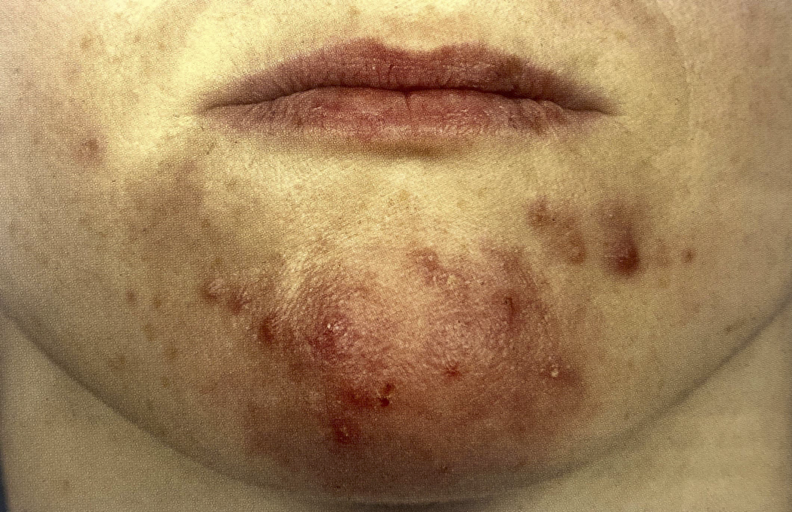
Acne develops due to a combination of factors, including:
particularly during puberty, menstruation, pregnancy, or due to certain medical conditions
Lifestyle factors such as stress, diet, and improper skincare routines may also contribute to flare-ups, although they are not direct causes.
Acne treatment depends on the severity and type of acne and may include:
Early and consistent treatment can help prevent scarring and improve both skin health and self-confidence. A dermatologist can create a customized plan to effectively manage acne and reduce its impact on your skin.
Isotretinoin, commonly known by brand names like Accutane, is a powerful oral medication used to treat severe or treatment-resistant acne, particularly cystic or nodular acne that hasn’t responded to other therapies. It works by reducing oil gland size, decreasing oil production, preventing clogged pores, and calming inflammation. Isotretinoin has one of the highest cure rates for acne—studies show that up to 85% of patients experience long-term clearance after a course. However, it carries some risks, including birth defects if taken by a woman who is or becomes pregnant during the treatment, potential liver issues, elevated fatty acids (triglycerides), dry lips and skin, and possibly mood changes. Despite these risks, when carefully monitored by one of your dermatology providers at Darabi Dermatology, isotretinoin can offer life-changing results for patients struggling with persistent and scarring acne.
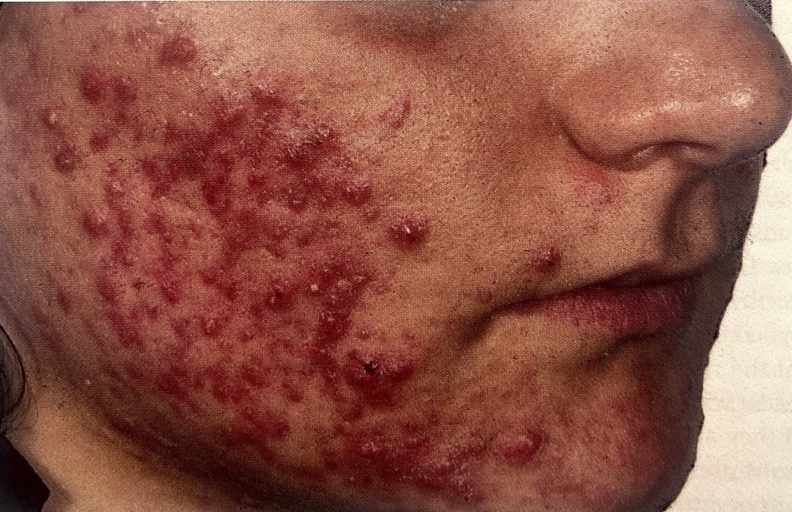
Accutane (before)
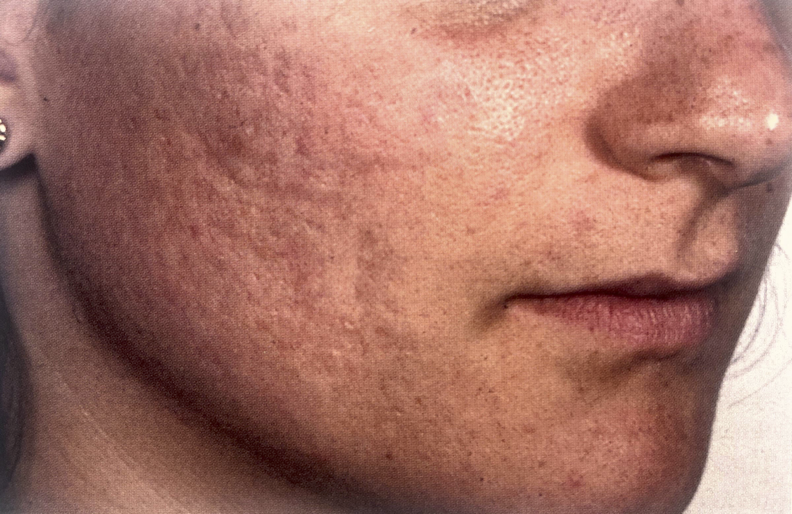
Accutane (after)
self-schedule your appointment now on our website
Acne scars develop when inflamed blemishes penetrate the skin deeply and damage the underlying tissue. As the acne lesion heals, the body produces collagen to repair the area. If too little or too much collagen is produced, a scar may form. There are different types of acne scars, including:
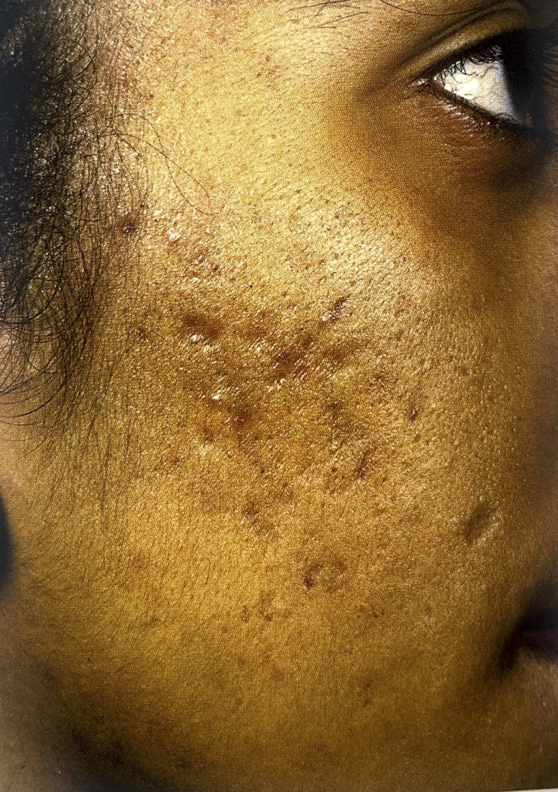
Acne scarring can have a significant emotional and psychological impact. It may affect self-esteem, confidence, and social interactions, and in some cases, can lead to anxiety or depression. Many people seek treatment not only for physical improvement but also to enhance their overall well-being and quality of life.
Several effective treatments are available to improve the appearance of acne scars. Treatment choice depends on the type and severity of scarring and individual skin type. We evaluate your skin during a consultation and make the best recommendation for you. Options include:
Stimulates collagen production and improves skin texture
Fractional CO₂ laser can resurface the skin and reduce scarring
Remove damaged outer skin layers and reduce pigmentation
Add volume to depressed scars and smooth the skin surface
A minor surgical procedure that releases fibrotic scar tissue beneath the skin that tethers the scar to deeper tissue
Prescription-strength retinoids or lightening agents for hyperpigmentation
A consultation is essential to determine the most appropriate and effective treatment plan for your skin.
Rosacea is a chronic skin condition that causes facial redness, visible blood vessels, and sometimes acne-like bumps, most commonly affecting the cheeks, nose, chin, and forehead. It typically affects adults between the ages of 30 and 60, with fair-skinned individuals being more prone, and is more common in women, though men often experience more severe symptoms. While the exact cause is unknown, triggers like sun exposure, hot beverages, spicy foods, alcohol, and stress can worsen it. Treatment focuses on managing symptoms and may include topical or oral medications to reduce inflammation, laser therapy to minimize visible blood vessels, and lifestyle modifications to avoid known triggers.
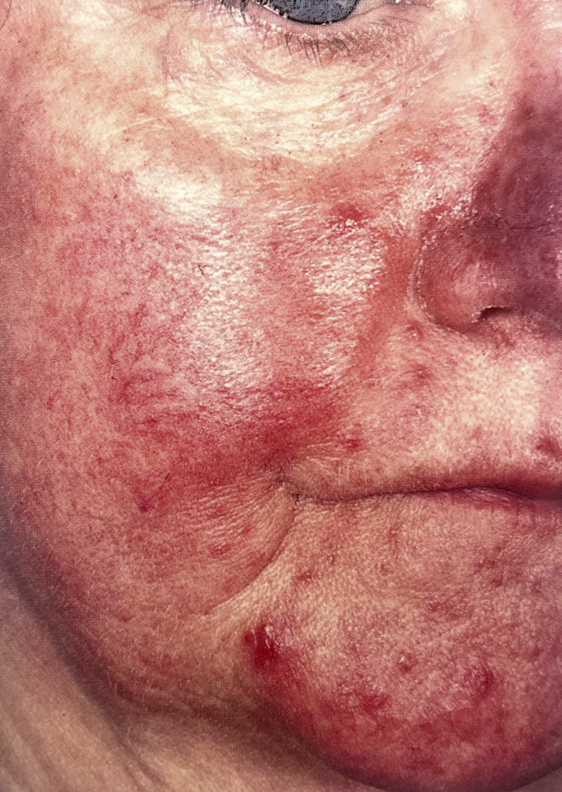
Our dermatology clinic offers a curated selection of medical-grade acne skincare products designed to support clear, healthy skin. Each product is carefully chosen for its effectiveness in targeting breakouts, reducing inflammation, and preventing future blemishes—without compromising skin integrity.
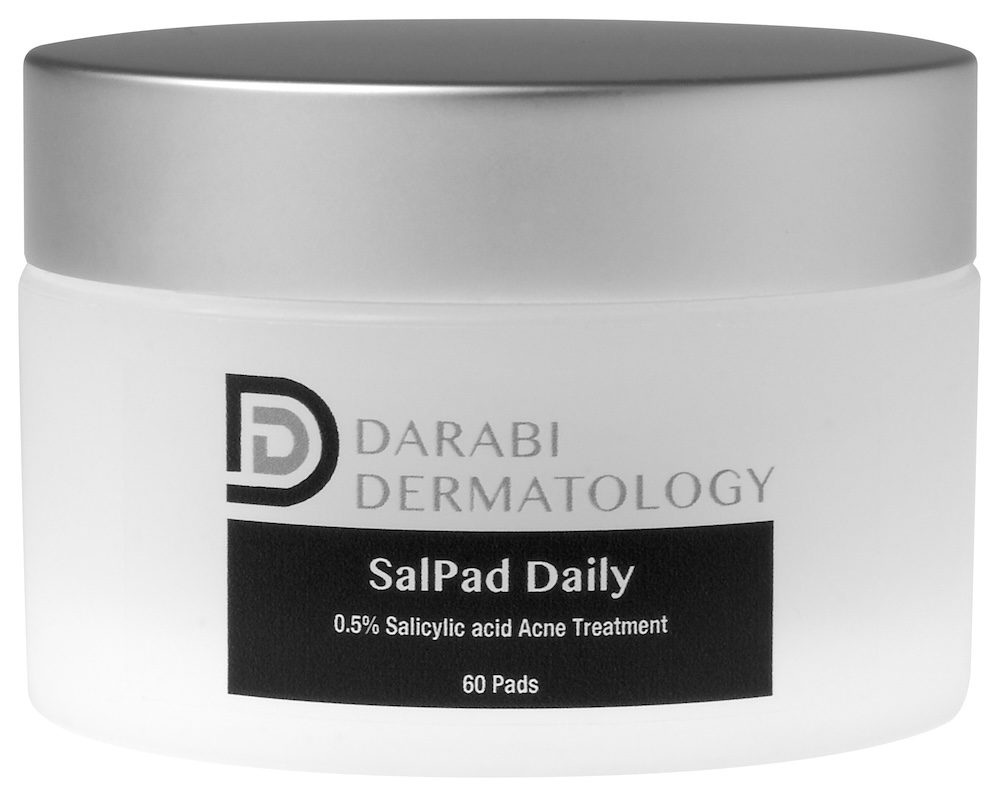
Salicylic acid cleansing pads to exfoliate clogged pores, reduce blackheads and white heads. Antimicrobial to reduce acne causing bacteria. Gentle peels to exfoliate: 0.5% Sal acid, antimicrobial oligopeptide, 1% glycolic acid, 1% lactic acid
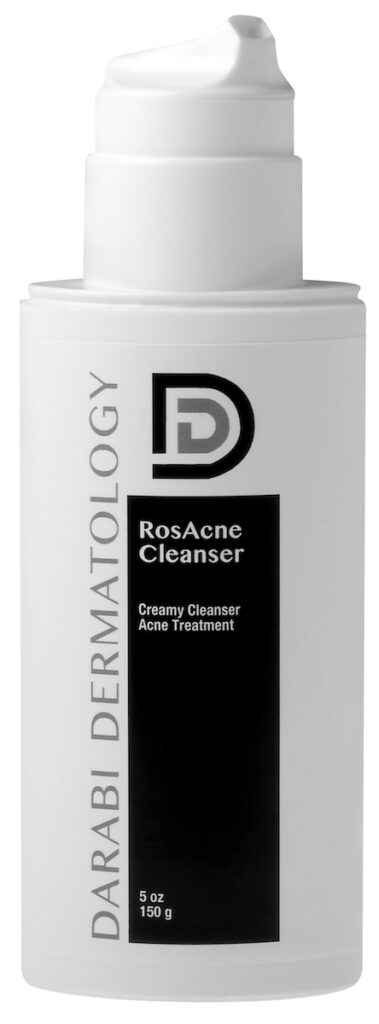
Creamy non-drying cleanser with 3% colloidal sulfur antimicrobial to reduce acne/rosacea causing bacteria. Fragrance and paraben-free.

Gentle cream with 5% azelaic acid ester, anti-inflammatory and skin repairing 4% niacinamide, moisturizing hyaluronic acid, antimicrobial quassia extract for acne, rosacea and hyperpigmentation. Propylene glycol, paraben and fragrance free.
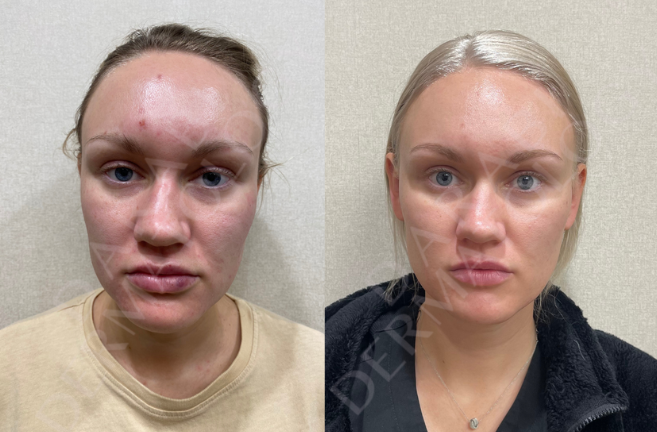
A salicylic acid chemical peel is an excellent treatment option for both teenage and adult acne. This peel works by penetrating deep into the pores to dissolve excess oil and exfoliate dead skin cells, helping to unclog pores and reduce breakouts. In addition to clearing active acne, it can also improve skin texture, minimize the appearance of acne scars, and reduce inflammation, making it a versatile choice for those struggling with acne-prone skin.
self-schedule your appointment now on our website